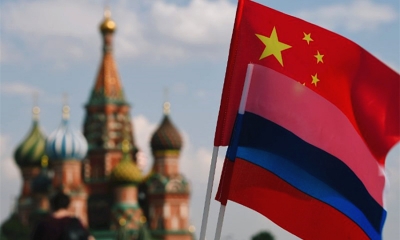SCO Promotes Peace and Development
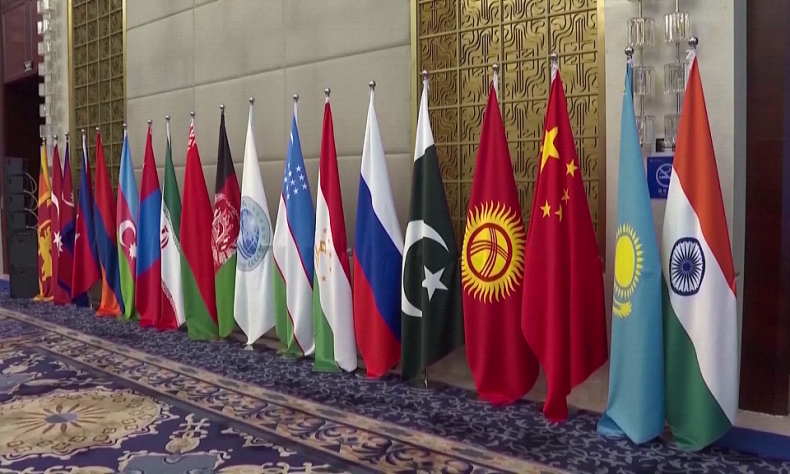
The SCO on its own and working with the United Nations organization is a much-needed force for peace and development.
The recent meeting of the Council of Heads of State of the Shanghai Cooperation Organization (SCO) demonstrates its commitment to world peace and development. Differences are well-managed and the organization shows unity and vision in contrast to the Western system dominated by the NATO war machine. Significantly, the SCO cooperates with the United Nations organization.
President Xi Jinping, at this year’s virtual meeting hosted by India, emphasized that the organization was effectively carrying forward the vision of a “community with a shared future.” “It has been transforming from an idea to action and a vision to reality,” he said.
The SCO is an intergovernmental organization founded in Shanghai on June 15, 2001, at the initiative of China. The SCO comprises nine Member States (China, India, Kazakhstan, Kyrgyzstan, Russia, Pakistan, Tajikistan, Uzbekistan, and Iran), Observer States interested in acceding to full membership (Afghanistan, Belarus, and Mongolia) and “Dialogue Partners” (Armenia, Azerbaijan, Cambodia, Egypt, Nepal, Saudi Arabia, Sri Lanka, Qatar, and Turkey).
In 2021, the decision was made to start the accession process of Iran to the SCO as a full member, and Egypt, Qatar as well as Saudi Arabia became dialogue partners. Iran’s accession to the SCO this year holds major strategic importance given its population, level of development, and geographic location as a crossroads of major connectivity and development corridors such as the Belt and Road.
Since 2001, the SCO focused on regional security issues: regional terrorism, ethnic separatism, and religious extremism. The SCO’s priorities also include regional development.
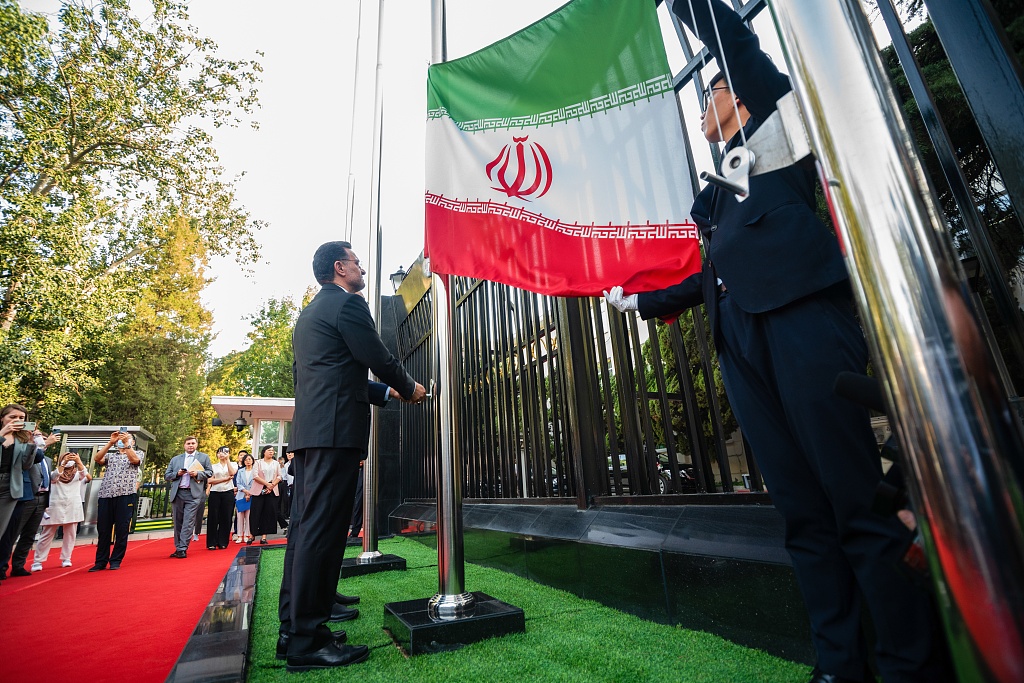
President Xi emphasized SCO accomplishments
Noting the solidarity of the SCO through “thick and thin”, President Xi emphasized its objectives, values, and common action.
The national security concept of the organization focuses on “common, comprehensive, cooperative, and sustainable security”, he said. This formulation is in line with historic concepts of Collective Security which were proposed in the past century in the face of aggression and war.
In terms of development strategy, President Xi pointed to new growth areas, based on past successes, for development cooperation in “economy and trade, connectivity, energy, agriculture, finance, and innovation.”
At the international level, President Xi emphasized the role of the SCO in promoting Peaceful Coexistence and “harmonious development of different civilizations.”
In terms of the evolving international system, President Xi emphasized dialogue instead of confrontation and cooperation instead of alliance. Overall, he said that the SCO has “upheld international fairness and justice, and opposed hegemonic, high-handed, and bullying acts.”
Peaceful coexistence and the challenge from Western imperialism
President Xi’s remarks, as well as the remarks of other SCO leaders, indicate not only a constructive view of the future but also a deep concern for the destabilizing behavior of the West led by the United States.
The SCO leaders as well as leaders of other fora and formats such as BRICS and ASEAN are united in their desire for peace and development. This consensus represents the trend of the times in the international community.
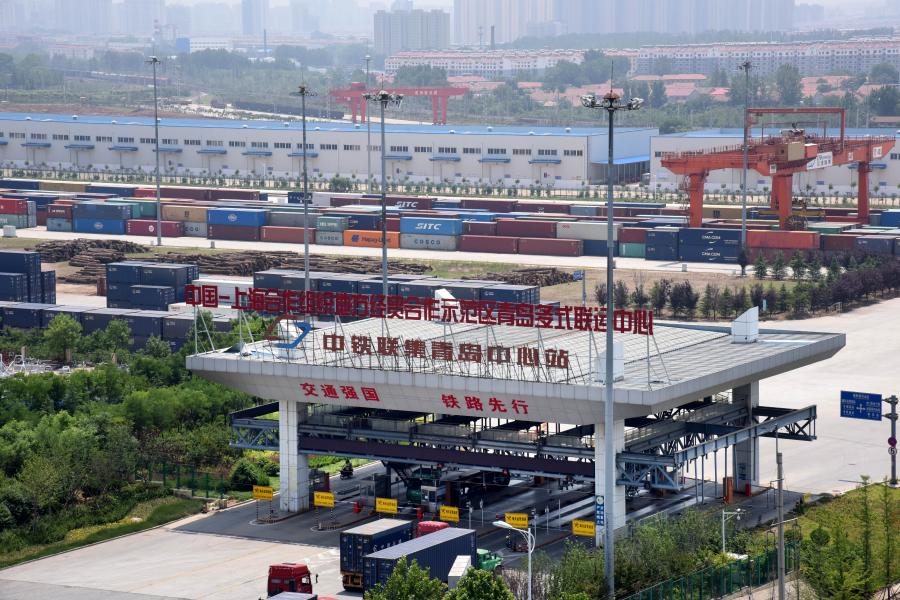
The United States and its NATO war machine seek to maintain and extend international finance capitalism. This objective runs counter to the interests of the people of the West but it is aligned with the interests of cosmopolitan finance. The citizens of the United States and western countries, and western dominated countries tragically seem to be ill-fated and unknowing pawns in the hands of a cynical and ruthless transatlantic oligarchy itself in the service of global finance capitalism.
In April, 1955, representatives from twenty-nine governments from Asia, Africa, and the Middle East gathered in Bandung, Indonesia to discuss peace and the role in the Cold War of the Global South then called the “Third World.” Economic development and decolonization were key topics.
The concept and ideal of “Peaceful Coexistence” was introduced at the Bandung Conference. This concept had been worked out by China and India as the “Five Principles of Peaceful Coexistence” in 1954. The Non-Aligned Movement grew out of this consensus but lacked the power to realize peaceful coexistence on a global scale owing to the Cold War and to Western imperialism.Bandung
Seven decades later, however, with the rise of China, India, and ASEAN, with the return Russia, and with the participation of various medium and small powers, the situation has dramatically changed. Today, what is now called the “Global Majority” is increasingly calling for peace and development.
The international system naturally is dynamic and is always changing decade to decade, century to century. Power shifts through the centuries and the 500 year long global domination by the West has ended. There are new and powerful centers of development which do not accept the hegemony of the West led by the U.S. and its NATO war machine. On the other hand, the West seeks to impose a neo-colonial global order.
The SCO and the United Nations
In contrast, the SCO emphasizes a concept of the international system based upon international law with the United Nations at the core. It is true that the United Nations needs very substantial reform. Nonetheless, the UN is a legitimate, integral, and necessary part of the international system. Its role and effectiveness depend upon the commitment of its member countries.
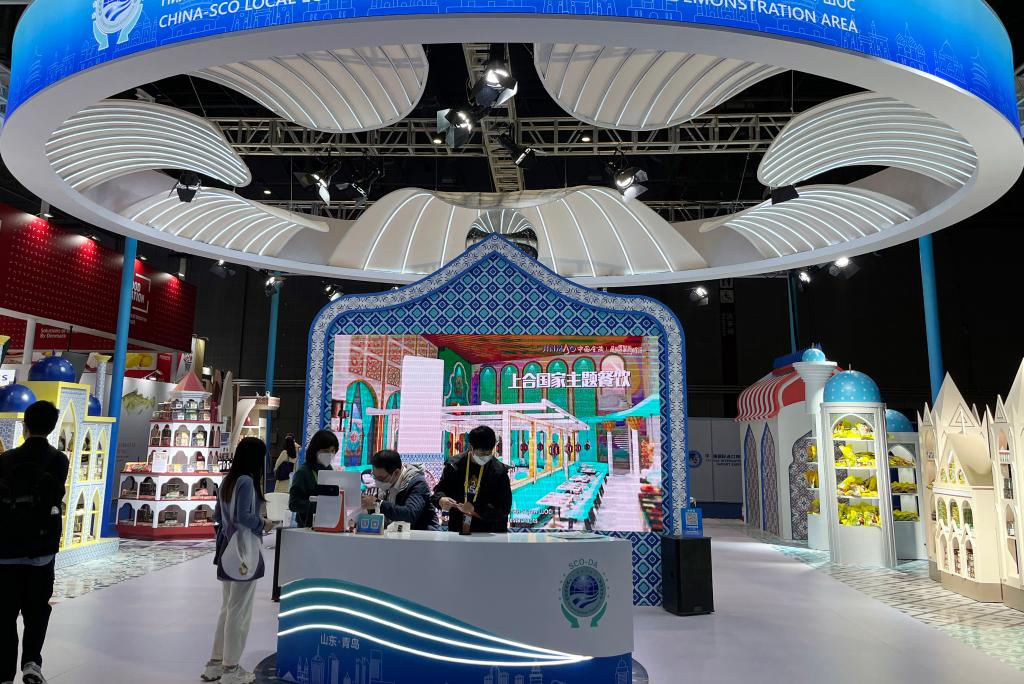
The SCO has been an observer in the UN General Assembly since 2005. In April 2010, the UN and SCO Secretariats signed a Joint Declaration on Cooperation. SCO Secretariat established partnerships with the UN Educational, Scientific and Cultural Organization (UNESCO), the World Tourism Organization (UNWTO), and the International Organization for Migration (IOM). It also has active cooperation with the UN Office on Drugs and Crime (UNODC), United Nations Economic and Social Commission for Asia and the Pacific (ESCAP) and the UN Office on Counter-Terrorism (UNOCT).
The Department of Political and Peacebuilding Affairs (DPPA), as well as United Nations Center for Preventive Diplomacy for Central Asia (UNRCCA) maintain regular contacts with the SCO officials. Since 2017, DPPA has deployed a Liaison Officer to the SCO in Beijing. The cooperation activities focus on security developments in the region and key issues related to counterterrorism and prevention of violent extremism.
The SCO on its own and working with the United Nations organization is a much-needed force for peace and development. Expanding its membership and increasing the effective cooperation between members will strengthen the SCO in the years to come.
Managing differences, of course, is important as in any human collective endeavor. But, in today’s international situation, the advantages of unity and cooperation are overriding. A long-term perspective is called for because, at least for now, a protracted struggle is taking place over the future of the international system and thus over the future of mankind.
To confront and rebuff Western imperialism, the SCO and other international bodies must insist on fairness, equality, and sovereignty in international relations together with an agenda for international peace and development.
The article reflects the author’s opinions, and not necessarily the views of China Focus.
 Facebook
Facebook
 Twitter
Twitter
 Linkedin
Linkedin
 Google +
Google +






